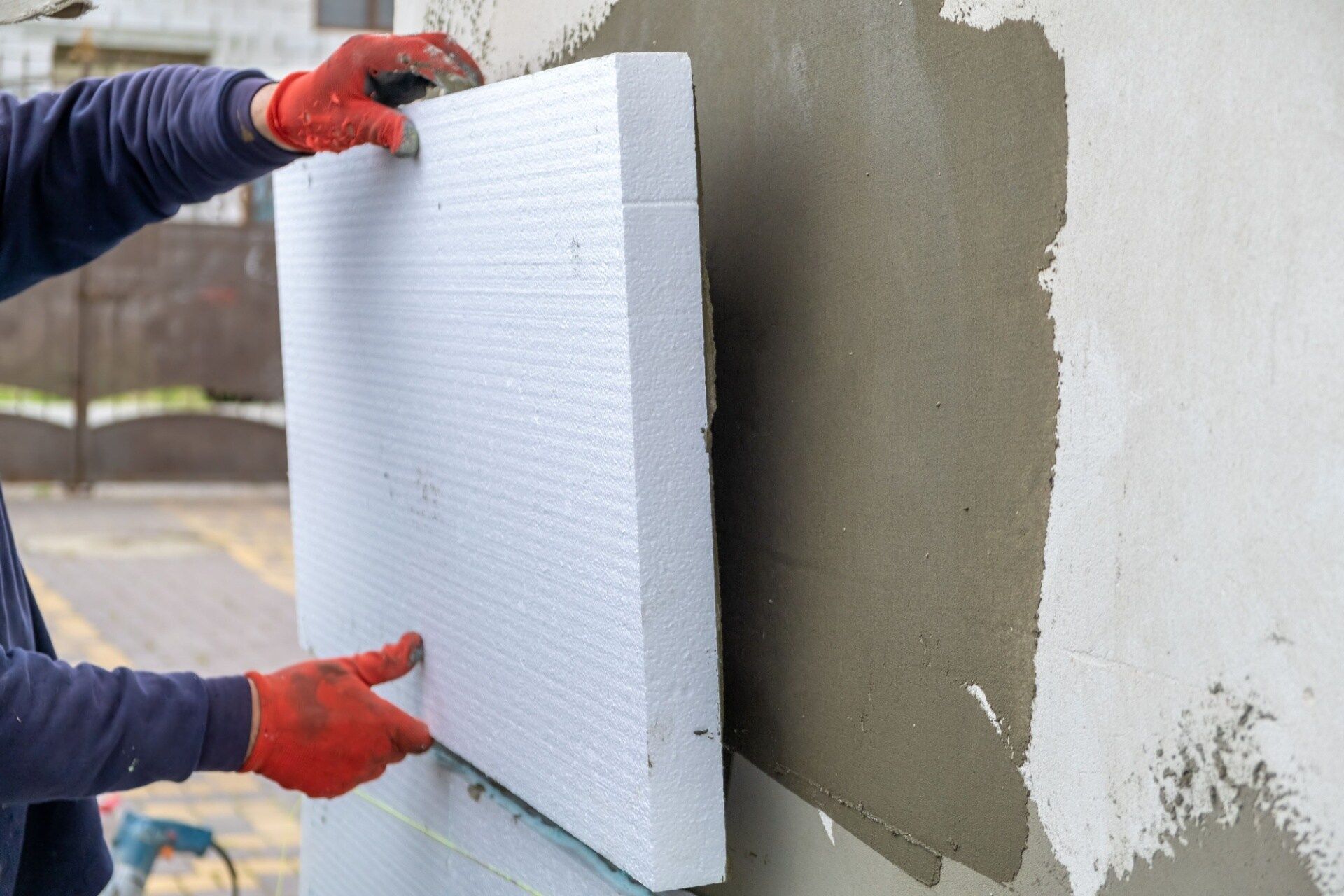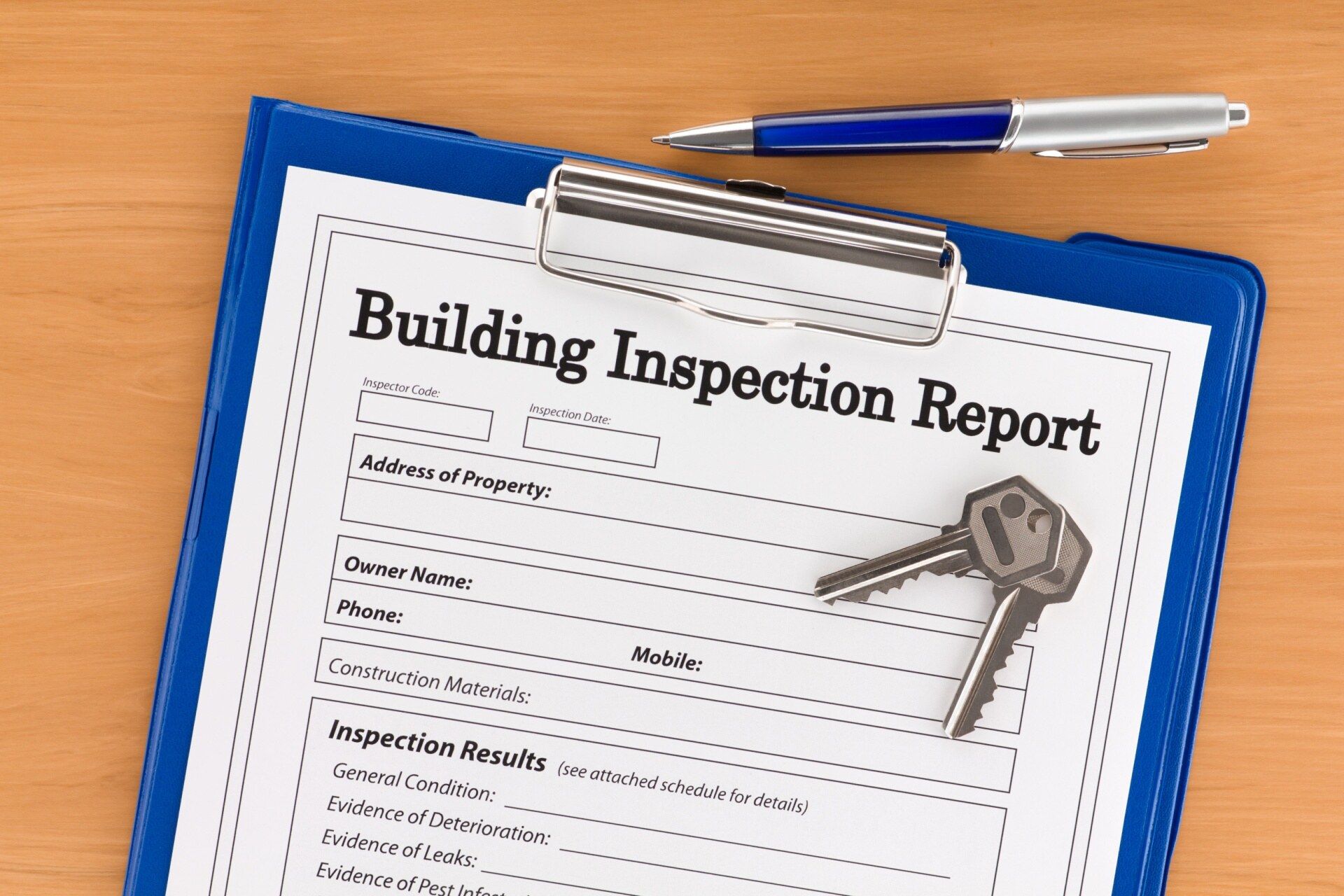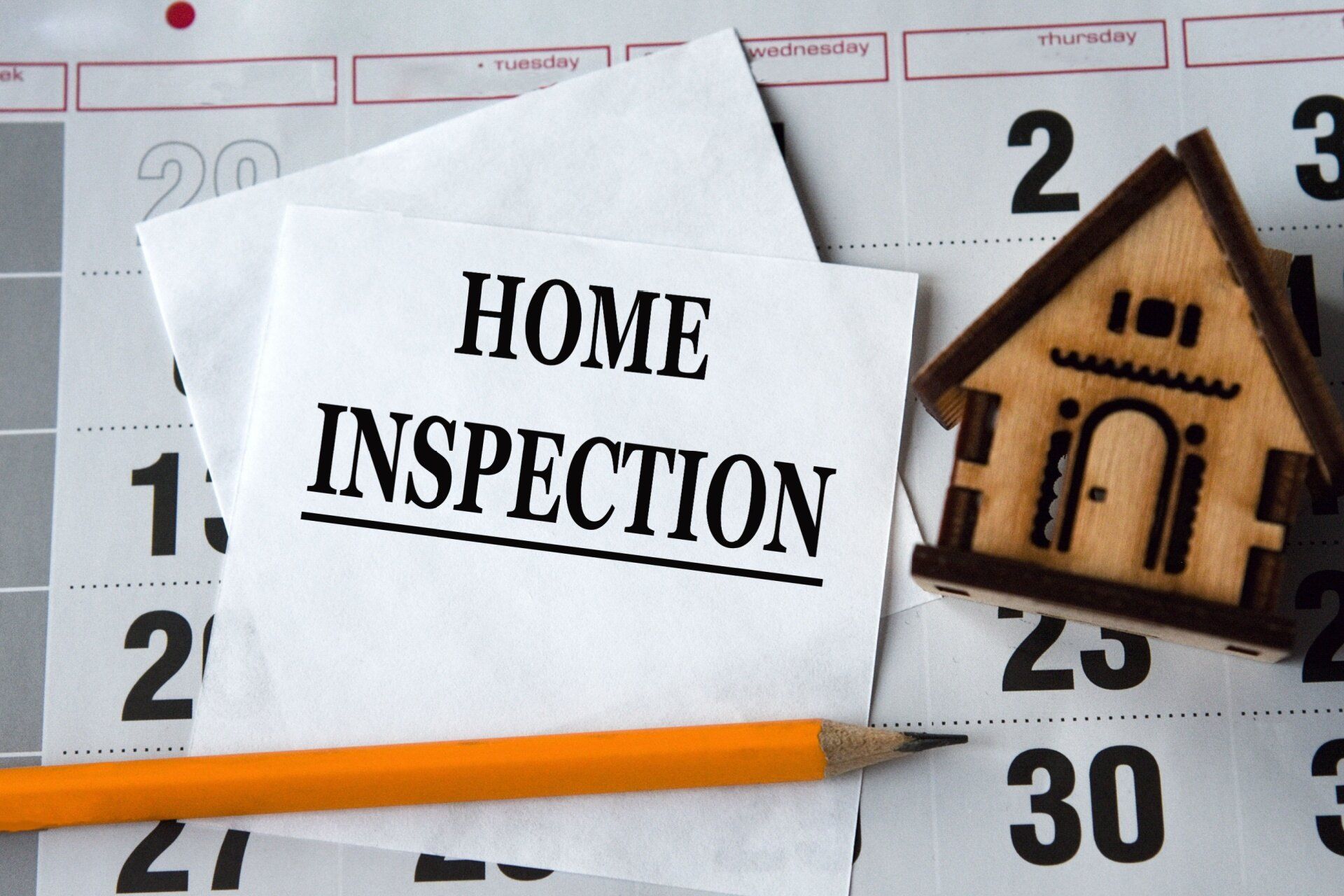Common Problems Found During Baltimore Home Inspections
Did you know that over 80% of home inspections uncover at least one issue that requires attention? Whether you’re buying your first home or selling your current one, a home inspection can make or break a deal. In Baltimore, where weather changes and older homes are common, spotting these problems early can save thousands of dollars in repairs.
In this blog post, we’ll look at the most common home inspection issues found in Baltimore homes. This guide is written in simple language and is perfect for anyone looking to understand what to expect during a home inspection.
Why Home Inspections Matter in Baltimore
Baltimore has a mix of historic homes and newer buildings. From rowhouses in the city to suburban single-family homes, each property tells a story. But behind the charm can hide costly surprises.
A home inspection is a professional review of a property’s condition. It helps buyers make informed decisions and helps sellers fix issues before listing. Whether you’re on either side of the deal, knowing the most common home inspection problems is crucial.
1. Roof Problems
Why it’s common: Baltimore experiences snowy winters, hot summers, and strong storms. These weather changes can wear down roofs quickly.
What inspectors look for:
- Missing or broken shingles.
- Water damage or leaks in the attic.
- Sagging areas or poor drainage.
Why it matters: Roof issues can lead to water damage inside the home may require replacement.
2. Foundation Cracks and Settlement
Why it’s common: Many Baltimore homes were built over 50 years ago, and natural settling occurs over time. Also, moisture in the soil can cause shifting.
What inspectors look for:
- Cracks in walls or floors.
- Uneven door frames or sloping floors.
- Water pooling around the home’s base.
Why it matters: Foundation issues can be expensive to fix and may affect the home’s safety.
3. Electrical System Concerns
Why it’s common: Older homes may still have outdated wiring or not enough power outlets.
What inspectors look for:
- Exposed wires or double-tapped breakers.
- Outdated panels (like fuse boxes).
- Non-GFCI outlets near water.
Why it matters: Faulty wiring is a major fire risk and may fail safety codes.
4. Plumbing Problems
Why it’s common: Some older Baltimore homes still have galvanized pipes, which corrode over time.
What inspectors look for:
- Leaks under sinks or in basements.
- Low water pressure.
- Signs of water stains on walls or ceilings.
Why it matters: Leaks can cause mold growth and water damage. Replacing pipes can be expensive.
5. HVAC System Issues
Why it’s common: Baltimore weather requires heating in winter and air conditioning in summer. Units that are not regularly serviced often fail early.
What inspectors look for:
- Dirty filters or clogged ductwork.
- Noisy or old equipment.
- Inconsistent heating or cooling.
Why it matters: An HVAC system can cost thousands to replace. Poor systems also increase energy bills.
6. Poor Drainage and Grading
Why it’s common: Many homes in Baltimore were built before modern drainage standards.
What inspectors look for:
- Standing water in the yard or near the foundation.
- Gutter problems or short downspouts.
- Basement leaks.
Why it matters: Water pooling can lead to mold, mildew, and foundation damage.
7. Mold and Mildew
Why it’s common: Baltimore humid summers and older basements make mold growth easy if ventilation is poor.
What inspectors look for:
- Visible mold on walls, ceilings, or basement areas.
- Musty smells.
- High moisture levels in air.
Why it matters: Mold can cause serious health issues, especially for people with allergies or asthma.
8. Pest Infestations
Why it’s common: Termites, ants, and rodents are common in Baltimore, especially in wood-framed homes.
What inspectors look for:
- Droppings or chew marks.
- Hollow-sounding wood.
- Nesting materials.
Why it matters: Pests can cause major damage to a home’s structure.
9. Windows and Doors That Don’t Work Properly
Why it’s common: Over time, homes shift slightly, especially older ones. Weather and poor maintenance can also cause damage.
What inspectors look for:
- Windows that stick or don’t close.
- Gaps around doors.
- Broken locks.
Why it matters: Faulty windows and doors can lead to drafts, increased energy costs, and security risks.
10. Insufficient Insulation
Why it’s common: Many older homes in Baltimore were built without proper insulation or energy standards.
What inspectors look for:
- Thin or missing insulation in attics.
- Cold spots near walls or floors.
- High heating or cooling bills.
Why it matters: Proper insulation keeps your home comfortable and saves energy.
11. Appliance and Safety Issues
Why it’s common: Sellers may leave behind older appliances that no longer work correctly.
What inspectors look for:
- Malfunctioning ovens, water heaters, or dryers.
- Missing smoke or carbon monoxide detectors.
- Safety railings or stair issues.
Why it matters: Safety should always come first. Faulty appliances or missing detectors can be dangerous.
Tips for Buyers in Baltimore
- Always hire a licensed home inspector: This ensures they follow state and national standards.
- Attend the inspection if you can: You’ll get a better understanding of what needs fixing.
- Get estimates for major repairs before closing: This can help you negotiate with the seller.
Tips for Sellers in Baltimore
- Do a pre-listing inspection: This shows buyers that you’re transparent and reduces surprises.
- Fix small issues ahead of time: Loose handles, leaky faucets, or old smoke detectors can be easy fixes that leave a good impression.
- Keep maintenance records: This helps show buyers that you took good care of the home.
Final Thoughts
Home inspections are a must when buying or selling a house in Baltimore. By knowing the common home inspection problems, you can plan ahead and avoid unexpected costs. From roofs to foundations, every part of a home should be safe, functional, and up to code. A good inspection helps everyone feel confident in their decision.
Ready to schedule your Baltimore home inspection? Contact
Protec Inspections today and get peace of mind before you buy or sell!
Disclaimer: The information on this website and blog is for general informational purposes only and is not professional advice. We make no guarantees of accuracy or completeness. We disclaim all liability for errors, omissions, or reliance on this content. Always consult a qualified professional for specific guidance.





